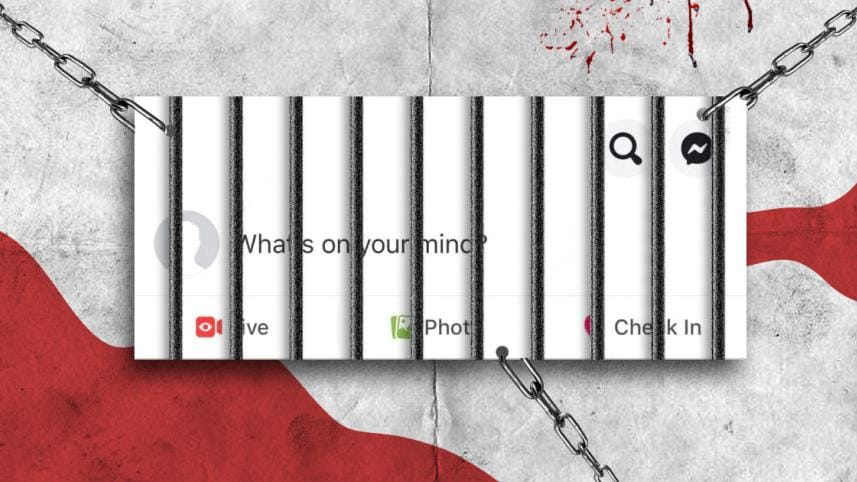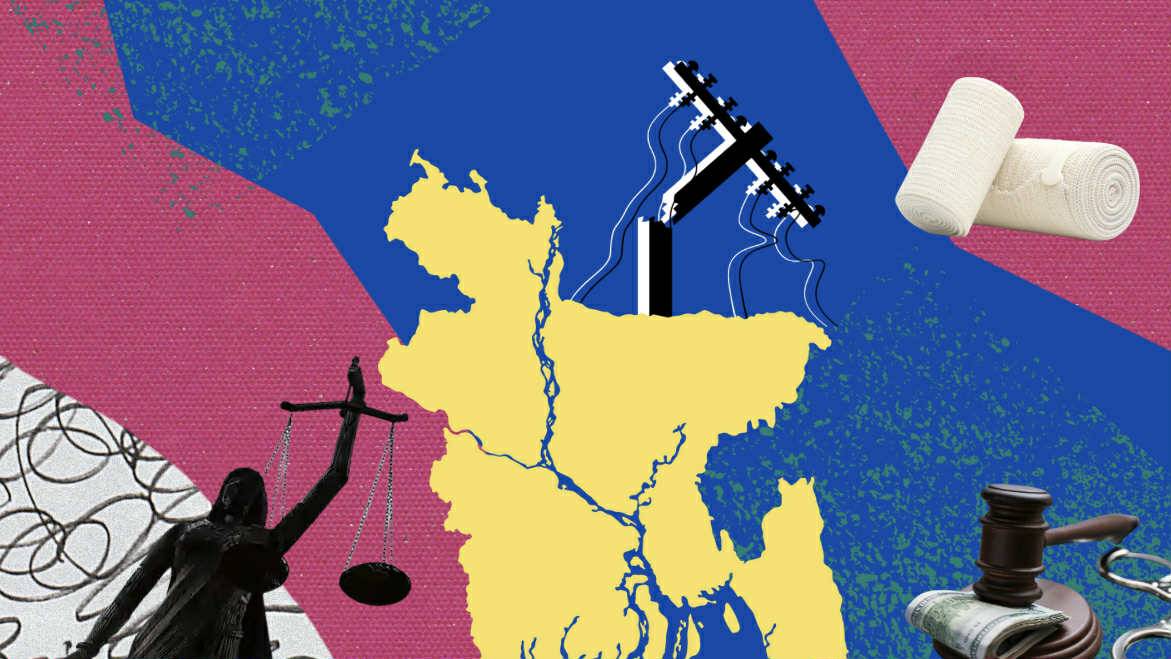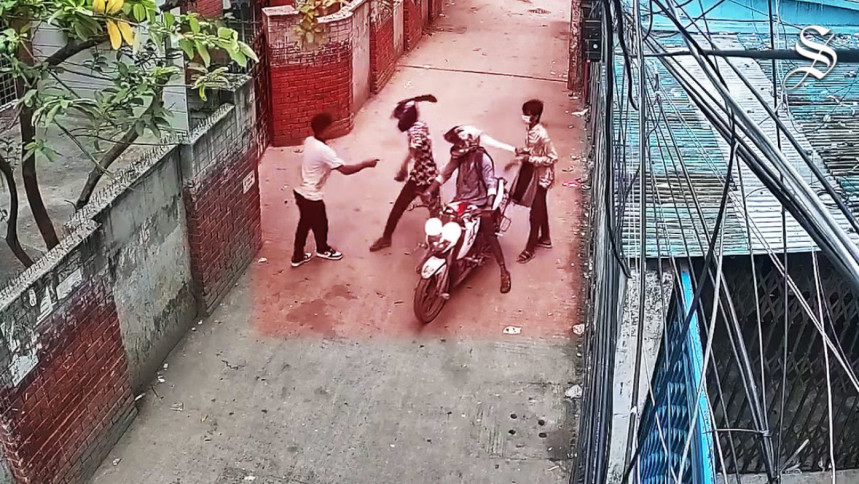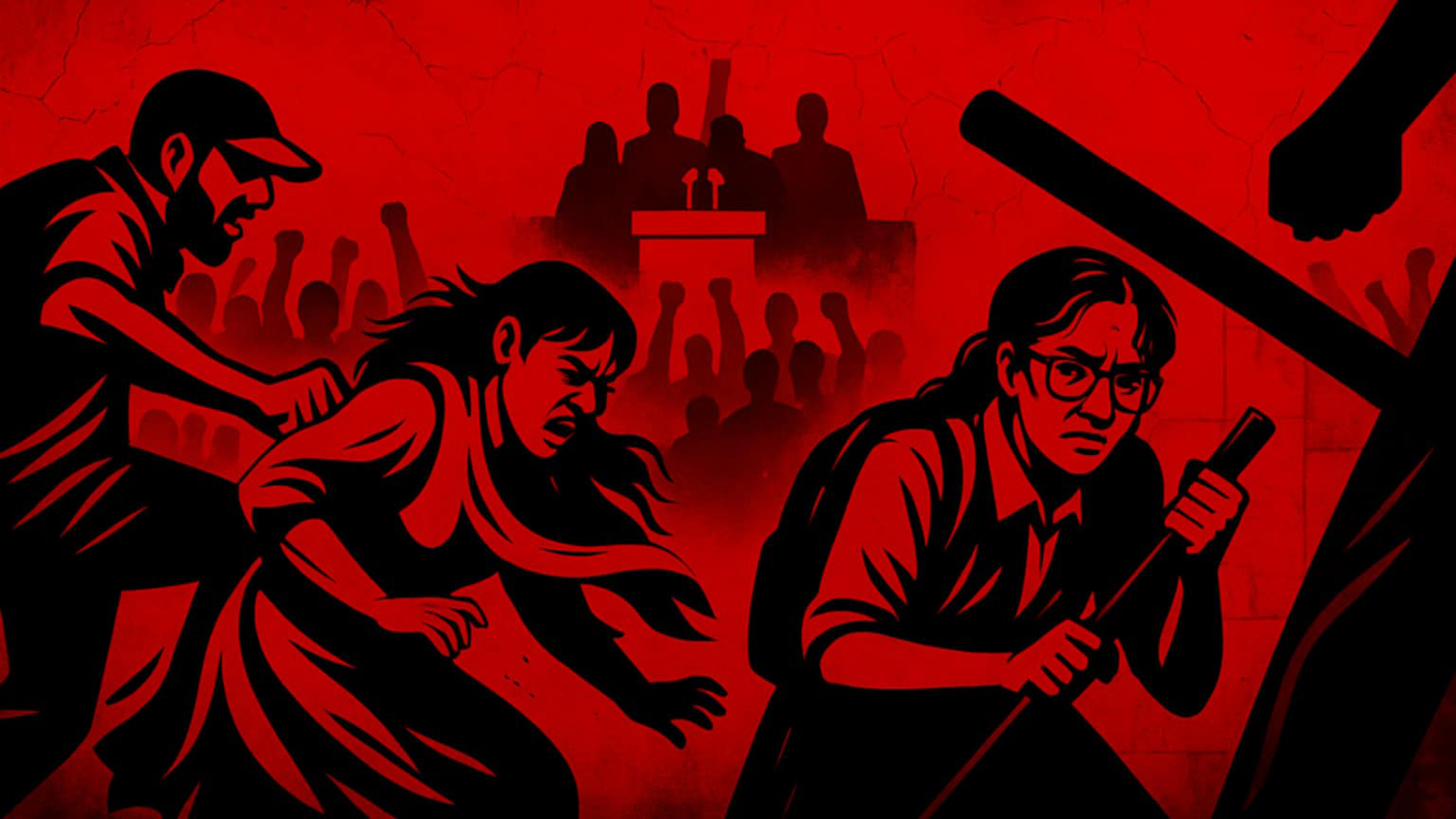In the absence of sanity

There is noise everywhere in this country, but no clarity. So many voices, yet no conversation. So much performance, but so little truth. What we are living through is not the chaos of a society falling apart. It is the quiet deterioration of a society unlearning how to live together. A society where fear passes for order, compliance masquerades as virtue, and survival replaces dignity. This is what it means to live in the absence of sanity.
Speaking freely has never been easy here, but it is now increasingly costly. In many institutions, students learn not to ask questions but to memorise what is safe. Journalists often prepare their reports with more concern for surveillance than for public understanding. Public servants, when caught between truth and hierarchy, frequently choose self-preservation. These are not isolated choices. They reflect an atmosphere in which honesty feels like a risk rather than a responsibility.
Want to speak out? First, prove your loyalty. Want to protest? Prove you are clean. Want to demand justice? Prepare to be watched, archived, and named. Today, every voice is measured before it is heard. The system is not terrified of chaos. It is terrified of clarity. It knows how to manage conflict, but not conscience.
We are told this is a new beginning. That the regime has changed and the road is open. But even in this so-called transition, selectivity prevails. Some protesters are allowed to march to the Jamuna. Others are blocked on their own campuses. The National Citizen Party gets a platform and a warm reception. Jagannath University students came out with slogans; they went back tear-gassed. Who decides whose slogans count as legitimate speech and whose voices count as disruption?
This is not political coordination. It is message control. Even in the aftermath of a mass uprising, the instinct to manage dissent remains stronger than the willingness to hear it. When only some are allowed to speak, to gather, to be seen, we are not building a participatory democracy. We are rehearsing its image.
In such a climate, truth becomes a performance. Many people do speak, but in calculation. They weigh what can be said, how it might be received, who might be listening. Fear shapes the sentence before it reaches the tongue. And so we drift into a culture where restraint is mistaken for realism and silence becomes a civic virtue.
These patterns are not confined to politics. They shape everyday life. Some teachers hesitate to teach honestly. Some civil servants quietly enable what they once would have questioned. Many young people post online only to delete before dawn. Not everyone does this, but enough do to signal the cost of candour. Some call it strategy. But it is also exhaustion. And sometimes, quiet complicity.
A functioning society requires not just truth but responsibility. Here too, we are faltering. When a bridge collapses, blame moves in circles. When a woman is assaulted, scrutiny often falls on her choices. When extrajudicial violence occurs, it is rationalised, not investigated. The practice of crossfire killings has gone on for years. In too many cases, the structure of power disperses blame faster than it delivers justice.
Consider the case of the eight-year-old girl in Magura who was raped and left to die in March. The public grieved. People protested. The child was brought to Dhaka for treatment. The home adviser visited her at the Dhaka Combined Military Hospital (CMH), where she was being treated. She died. The state responded with statements, inquiries, and reassurances. But there was no public reckoning, no one who said, "This failure is mine." What we saw was a technical response to a moral disaster. It was managed, not mourned. What do we call a society where even such a tragedy does not provoke shame among its stewards? We call it dangerously hollow.
This is not only about bad actors or broken policies. It is about what we are allowing ourselves to become. A society that is increasingly unable to tolerate disagreement. A public culture that rewards volume over substance. A politics that cannot reflect without spinning.
So please, do not ask for calm. Do not ask for balance. There is no balance in a room with one chair and a hundred people. There is no calm in a house where speaking freely is dangerous. There is no peace in a system that survives by keeping its people tired, confused, and scared.
Sanity does not demand perfection. It demands that we accept conflict without hostility, speak truth without fear, and take responsibility without evasion. It requires space for others to speak, even when they say uncomfortable things. And it begins from the recognition that fear may bring order, but it cannot sustain dignity.
We have not lost this sanity overnight. We are losing it gradually, through small decisions that wear down our willingness to speak, to think, to act. We stay quiet because it is safer. We look away because it is easier. We normalise what should alarm us.
And if this continues, there will be little left to protect. Not values. Not institutions. Not even the meaning of the nation itself.
You want development? Fine. Build roads. Launch apps. Measure the numbers. But understand this: without conscience, there is no progress. There is only movement without direction. A state that functions, but a society that cannot breathe.
The present government says it wants reform. But reform is not a press release. If the same reflex to filter speech, manage protest, and silence discomfort remains intact, then reform is not change. It is self-preservation by other means. No real reform can begin until those in power learn to hear what they would rather punish.
We do not need heroes. We need citizens. People who will speak before being told what to say. People who will say "I was wrong" instead of "What else could I do?" People who will ask the dangerous questions, and stay to hear the answers.
That is how sanity begins to return. Not through noise. But through truth.
Until then, we remain what we are fast becoming. A nation speaking without listening. Marching without direction. Surviving without meaning. A nation that builds everything, except the courage to be sane.
Kazi ASM Nurul Huda is associate professor of philosophy at the University of Dhaka. He can be reached at huda@du.ac.bd.
Views expressed in this article are the author's own.
Follow The Daily Star Opinion on Facebook for the latest opinions, commentaries and analyses by experts and professionals. To contribute your article or letter to The Daily Star Opinion, see our guidelines for submission.




 For all latest news, follow The Daily Star's Google News channel.
For all latest news, follow The Daily Star's Google News channel. 


Comments